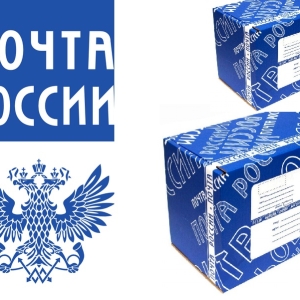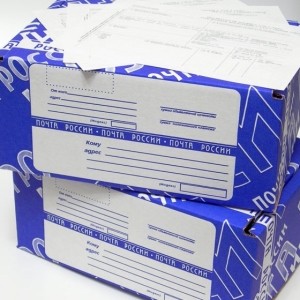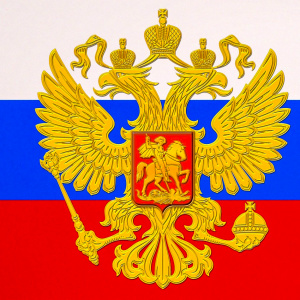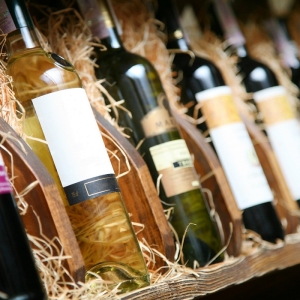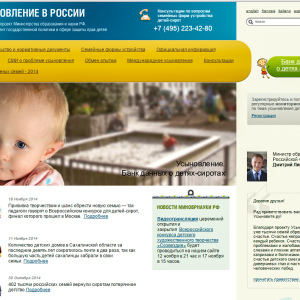Any relationship between people, various activities in the Russian Federation must comply with generally accepted standards and rules. All processes are governed by the Constitution of the Russian Federation, civil, criminal, administrative code, Sanpines, SNIPI, GOST.
According to customs rules, there is a list of goods prohibited for import-export to the territory of the Russian Federation. These include:- weapons, spare parts, cartridges;
- drugs;
- antiques;
- precious metals;
- rare plants, animals, some plant protection products;
- ozone-depleting substances, hazardous waste;
- some audiovisual, printed materials;
- timber.
- weapon;
- poisonous plants, animals;
- drugs, poisonous and psychotropic substances;
- perishable products;
- monetary marks;
- dangerous and dirty items;
- plants, seeds;
- hazardous waste;
- some audiovisual, printed materials;
- specialist. means allowing checked information;
- organs, human fabrics;
- precious stones (except jewelry);
- tobacco products, alcohol;
- tools for mining biological resources;
- cultural values;
- scrap of color, ferrous metals;
- mineral raw materials;
- information about the depths.
- organize the attachments (brothels, drug reception sites);
- ignite interethnic distribution;
- organize gambling;
- pollute natural resources (air, soil, reservoirs);
- sell \u200b\u200balcohol at night, sell tobacco products, alcoholic drinks minors;
- hold rallies;
- smoking in public places;
- give Russian orphans to adopt Americans.

- use the car without a "ERA-GLONASS" chip (this applies to the newly acquired cars) - Thus, at an accident, the satellite system will immediately notify specials. services;
- let advertise on paid TV channels (they will receive profits only from customer subscription);
- foreigners own a share of more than 20% in the Russian media;
- sell \u200b\u200balcohol with an alcohol content of 6% and more in plastic bottles with a capacity of more than 1.5 liters. (Since July 2015 - Sell alcohol with an alcohol content of 5% and more in plastic bottles with a capacity of more than 1 liter., And from 2016 - to sell alcohol with an alcohol content of 4% and more bottled with a capacity greater than 0.5 l.) ;
- temporarily reside in the territory of the Russian Federation without passing the relevant exams (knowledge of the Russian language, general laws, the history of Russia);
- get the right to control the scooter, motor boat, a boat without an exam exam (for those who first receive rights).
Any violation of these prohibitions entails a certain responsibility. Depending on the specific situation, various types of punishments can be applied - from fine to life imprisonment.




















